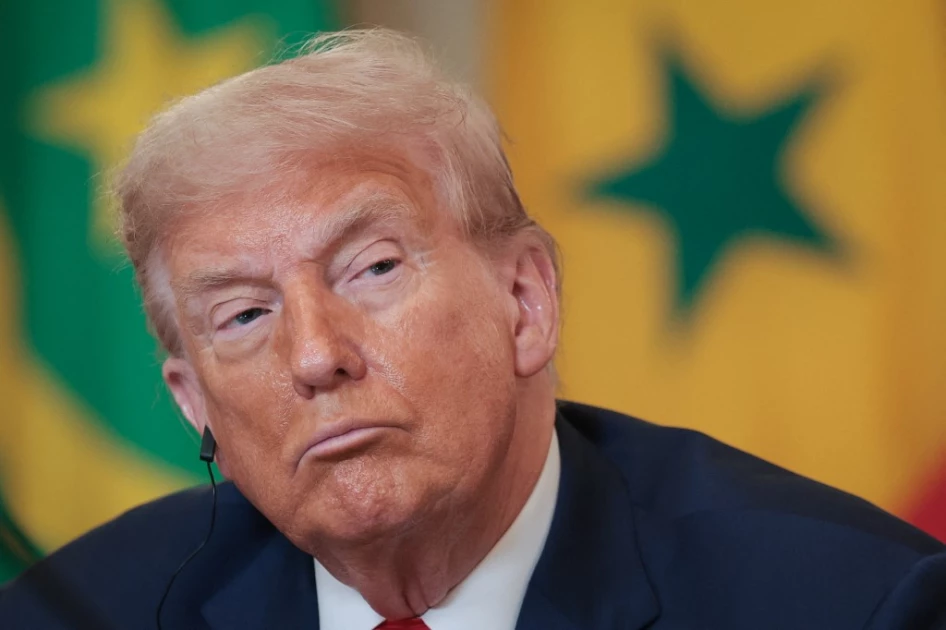US President Donald Trump escalated his rhetoric by threatening to invoke the centuries-old Insurrection Act to use emergency powers against domestic rebellion, which would allow him to deploy more troops into Democratic-led US cities. This threat intensified as his attempts to mobilize the military face multiple legal challenges.
The Republican leader openly contemplated using the Insurrection Act after facing setbacks and advances in court. A federal judge in Oregon temporarily blocked a planned National Guard deployment to Portland. District Judge Karin Immergut, a Trump appointee, wrote that the president’s determination that the city was “war-ravaged” was “simply untethered to the facts,” stressing that the US is “a nation of Constitutional law, not martial law.”
The White House is appealing the ruling. Meanwhile, a judge in Illinois temporarily allowed a similar deployment in Chicago to proceed for now. State officials had filed suit to block the move, but Judge April Perry, an appointee of the former Democratic president, declined to issue an immediate temporary restraining order and scheduled a full hearing for Thursday.
Both Portland and Chicago have already seen surges of federal agents as part of the Trump administration’s mass deportation drive, which has prompted protests.
The political opposition was spearheaded by Democratic Governor JB Pritzker, who was further angered by the revelation that Republican-led Texas was planning to send 200 of its federalized National Guard troops to Illinois. Pritzker accused the Trump administration of creating a pre-meditated “escalation of violence” to create a pretext for invoking the Insurrection Act.
He claimed the administration was “following a playbook: cause chaos, create fear and confusion, make it seem like peaceful protesters are a mob… To create the pretext for invoking the Insurrection Act so that he can send the military to our city.” Pritzker strongly demanded,
“They should stay the hell out of Illinois,” and accused federal immigration agents in Chicago of “thuggery,” using “excessive force,” and illegally detaining US citizens.
President Trump defended his consideration of the emergency powers, telling reporters, “We have an Insurrection Act for a reason. If I had to enact it I would do that.” He specified that he would act “If people were being killed and courts were holding us up or governors or mayors were holding us up.”
Homeland Security Secretary Kristi Noem has supported the Chicago deployment, referring to the city as “a war zone.”
However, Illinois Attorney General Kwame Raoul and counsel for Chicago argued in their lawsuit that the use of US troops was an attempt to “punish his political enemies” and that American citizens “should not live under the threat of occupation by the United States military.”
This controversy is not isolated, as California previously filed a legal challenge earlier this year after Trump sent troops to Los Angeles. A CBS poll released Sunday indicated that 58 percent of Americans oppose deploying the National Guard to US cities.


